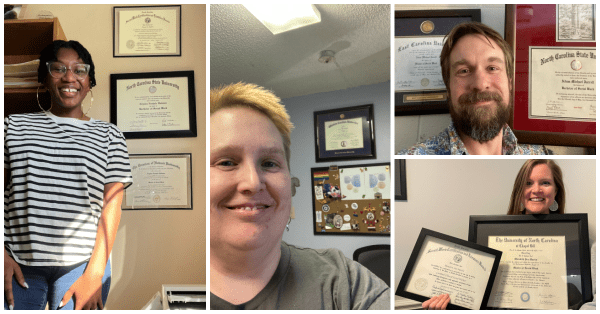March is Social Work Month – a great time to celebrate the wonderful profession of social work and Crossnore’s amazing social workers. Per the National Association of Social Work Code of Ethics, “The primary mission of the social work profession is to enhance human well-being and help meet the basic human needs in all people, with particular attention to the needs and empowerment of people who are vulnerable, oppressed, and living in poverty.”
At Crossnore, our clients and staff benefit every day from this profession. In North Carolina, social workers have title protection. This means you are only a social worker if you have a social work degree (Bachelor of Social Worker, Master of Social Work, or Doctor of Social Work) or are certified, licensed, or associate licensed as a social worker.
Crossnore’s Social Workers
At Crossnore, we have staff who fit into each of these categories.As of the date of this blog post, Crossnore employs:
- 14 staff whose highest degree is a Bachelor of Social Work
- 18 staff whose highest degree is a Master of Social Work
- 1 staff whose highest degree is a Doctor of Social Work
- 7 licensed clinical social workers
- 9 licensed clinical social worker associates
We have social workers serving as cottage parents, child and family therapists, case managers, foster care workers, human resource, compliance, and administrative professionals, regional executives, and more. The majority of our senior program leadership team members are social workers! As a way to support the continued growth of the profession, we also regularly host social work interns at the bachelor and master level in all our regions and program areas.
The Impact of Social Work on our Careers
Social work education, certification, and licensure have had a strong impact on our social workers’ careers. And of course includes why they feel called to work at an agency like Crossnore.
We asked some of our Crossnore social workers to share how the profession of social work has influenced them. Here are some highlights of what we heard:
MKayla Nelson, MSW, LCSWA
Child and Family Therapist with our Campus-based Foster Care and Bridging Families programs in our Avery region:
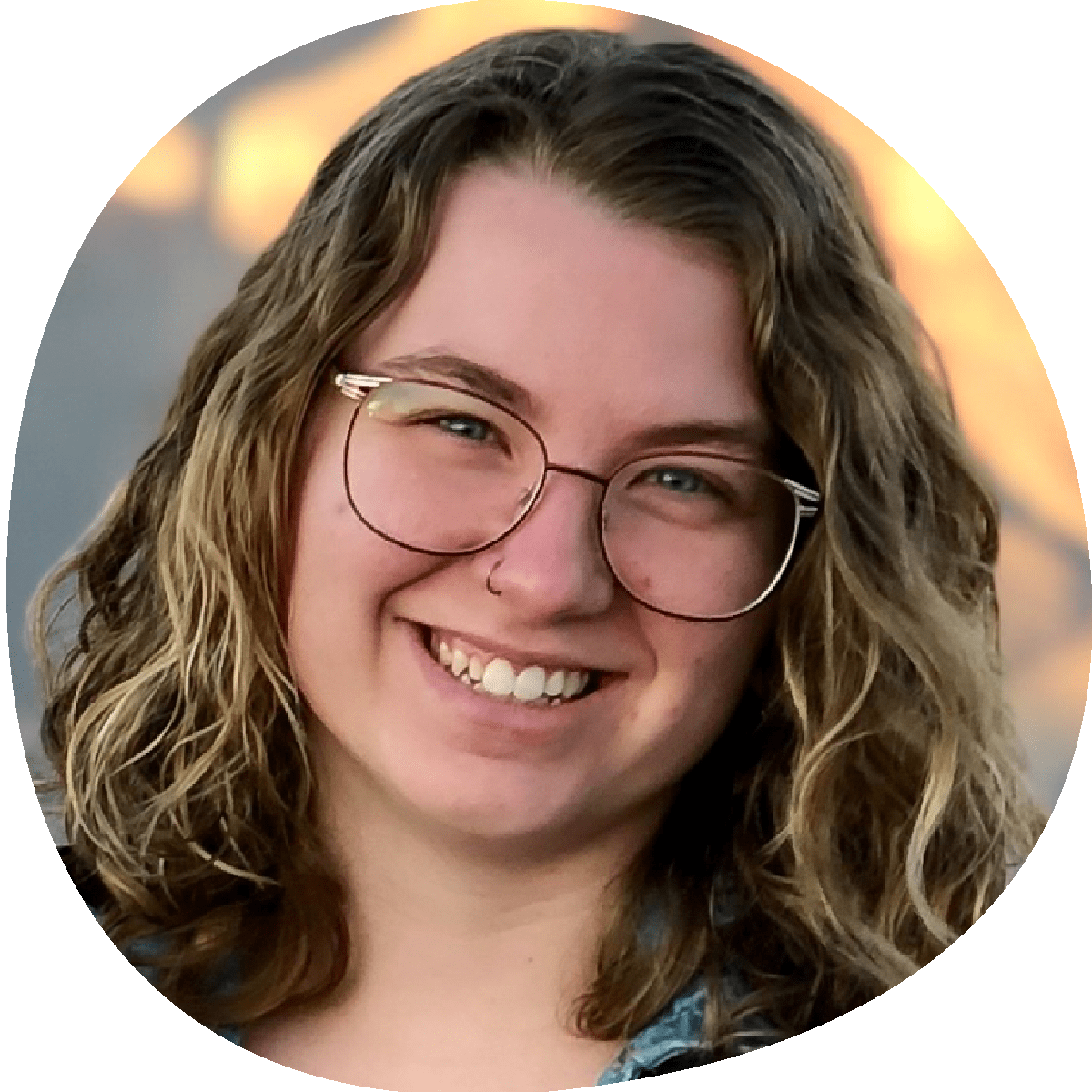 “I initially became a social worker after watching my family work in the foster system as licensed foster parents. Being a biological child of foster parents, and building connections with children in foster care, who felt like my siblings, fostered a love for working in child welfare. Once in my undergraduate program, the multiple facets of the profession amazed me, and my love for social work grew. I continue to admire the comprehensiveness, ethical backing, and professionalism in the Social Work profession. Social Work ethics are the foundation for everything I do, personally and professionally. Ethics provide guidance, encourage advocacy in policy and practice, and promote working towards the well-being of the clients and families we serve. As well as showing obligations towards our own self-care. (We cannot pour from an empty cup). They are the most essential piece of social work!”
“I initially became a social worker after watching my family work in the foster system as licensed foster parents. Being a biological child of foster parents, and building connections with children in foster care, who felt like my siblings, fostered a love for working in child welfare. Once in my undergraduate program, the multiple facets of the profession amazed me, and my love for social work grew. I continue to admire the comprehensiveness, ethical backing, and professionalism in the Social Work profession. Social Work ethics are the foundation for everything I do, personally and professionally. Ethics provide guidance, encourage advocacy in policy and practice, and promote working towards the well-being of the clients and families we serve. As well as showing obligations towards our own self-care. (We cannot pour from an empty cup). They are the most essential piece of social work!”
Kacy Carter, MSW
Manager of Compliance, Learning and Development serving all of Crossnore’s programs
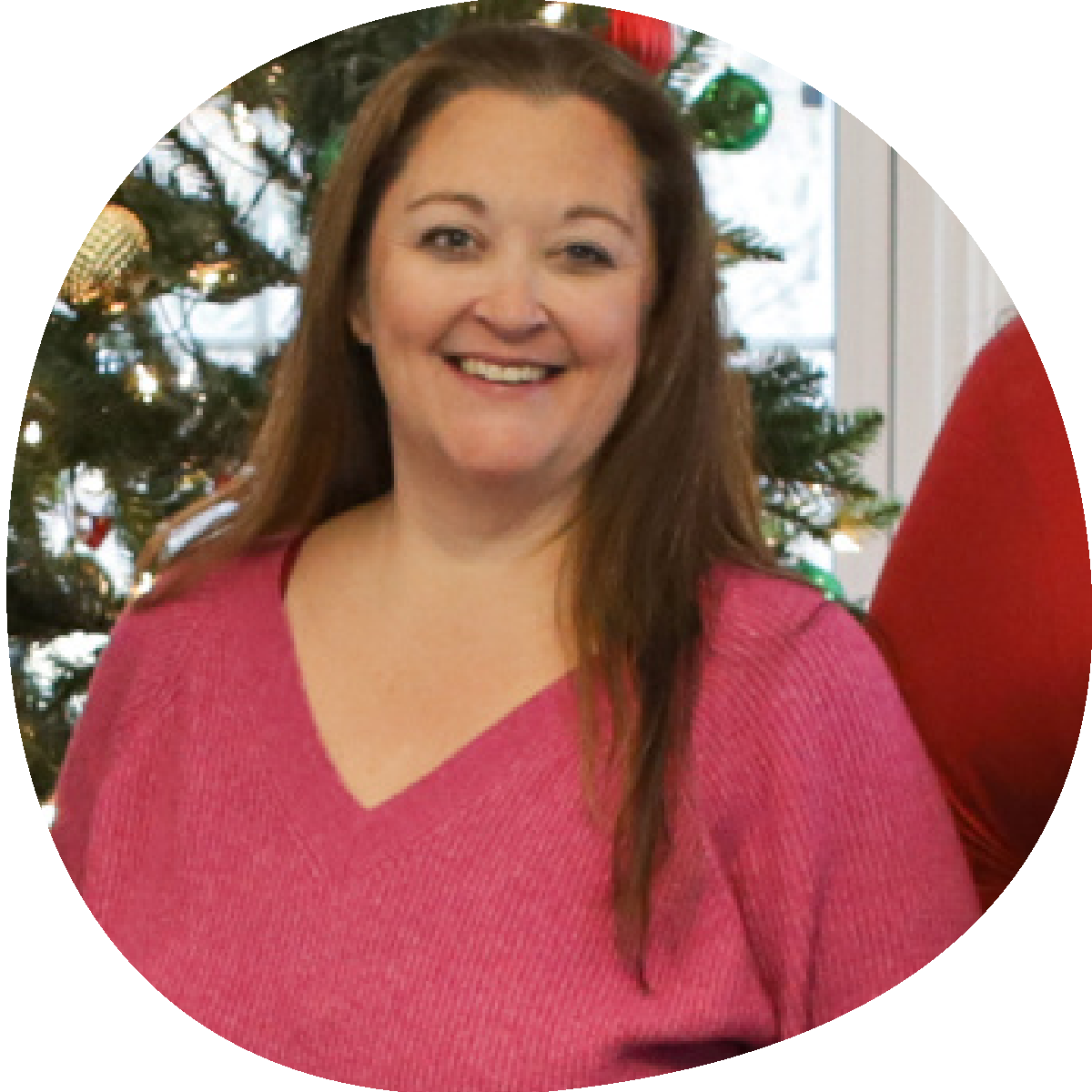 “My training as a Social Worker absolutely shows up at Crossnore daily! My social work education challenged me in unimaginable ways. I was blessed to gain awareness of my privilege, my naiveté, and my unconscious biases through tough assignments and immersion activities. I credit my amazing BSW program with helping me discover my passion for the whole person. To see beyond what is right in front of me and explore the unseen, unheard and often misunderstood part of a person’s story.”
“My training as a Social Worker absolutely shows up at Crossnore daily! My social work education challenged me in unimaginable ways. I was blessed to gain awareness of my privilege, my naiveté, and my unconscious biases through tough assignments and immersion activities. I credit my amazing BSW program with helping me discover my passion for the whole person. To see beyond what is right in front of me and explore the unseen, unheard and often misunderstood part of a person’s story.”
Mark Cannon, BSW, MDiv
Cottage Parent on our Avery Campus
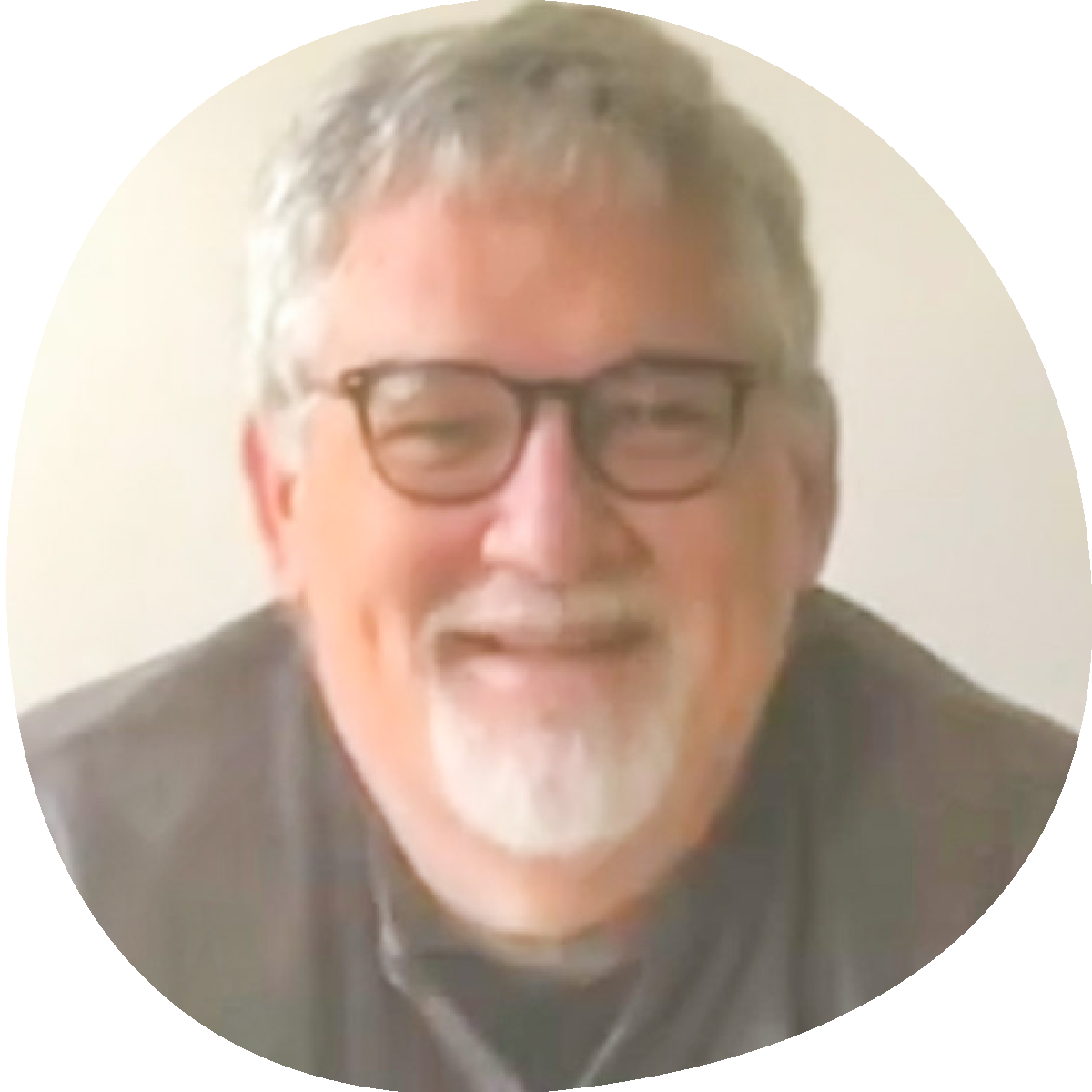 “I received a bachelor’s degree in social work from Youngstown State in 1986. Outside my 6-month practicum, I have not practiced social work (in a traditional way). Midway through college, I felt an undefined call to ministry and went to seminary 2 months after graduating. I reasoned that social work would lay a good foundation for serving people and counseling wherever seminary would take me, which was into pastoral ministry in the United Methodist Church. One of the practical benefits of my degree has been a sympathy and affinity for social workers in ministry and in my work at Crossnore as a cottage parent.”
“I received a bachelor’s degree in social work from Youngstown State in 1986. Outside my 6-month practicum, I have not practiced social work (in a traditional way). Midway through college, I felt an undefined call to ministry and went to seminary 2 months after graduating. I reasoned that social work would lay a good foundation for serving people and counseling wherever seminary would take me, which was into pastoral ministry in the United Methodist Church. One of the practical benefits of my degree has been a sympathy and affinity for social workers in ministry and in my work at Crossnore as a cottage parent.”
Donna Ratcliff, MSW, LCSWA
Child and Family Therapist in our Campus-Based Foster Care program on our Avery Campus
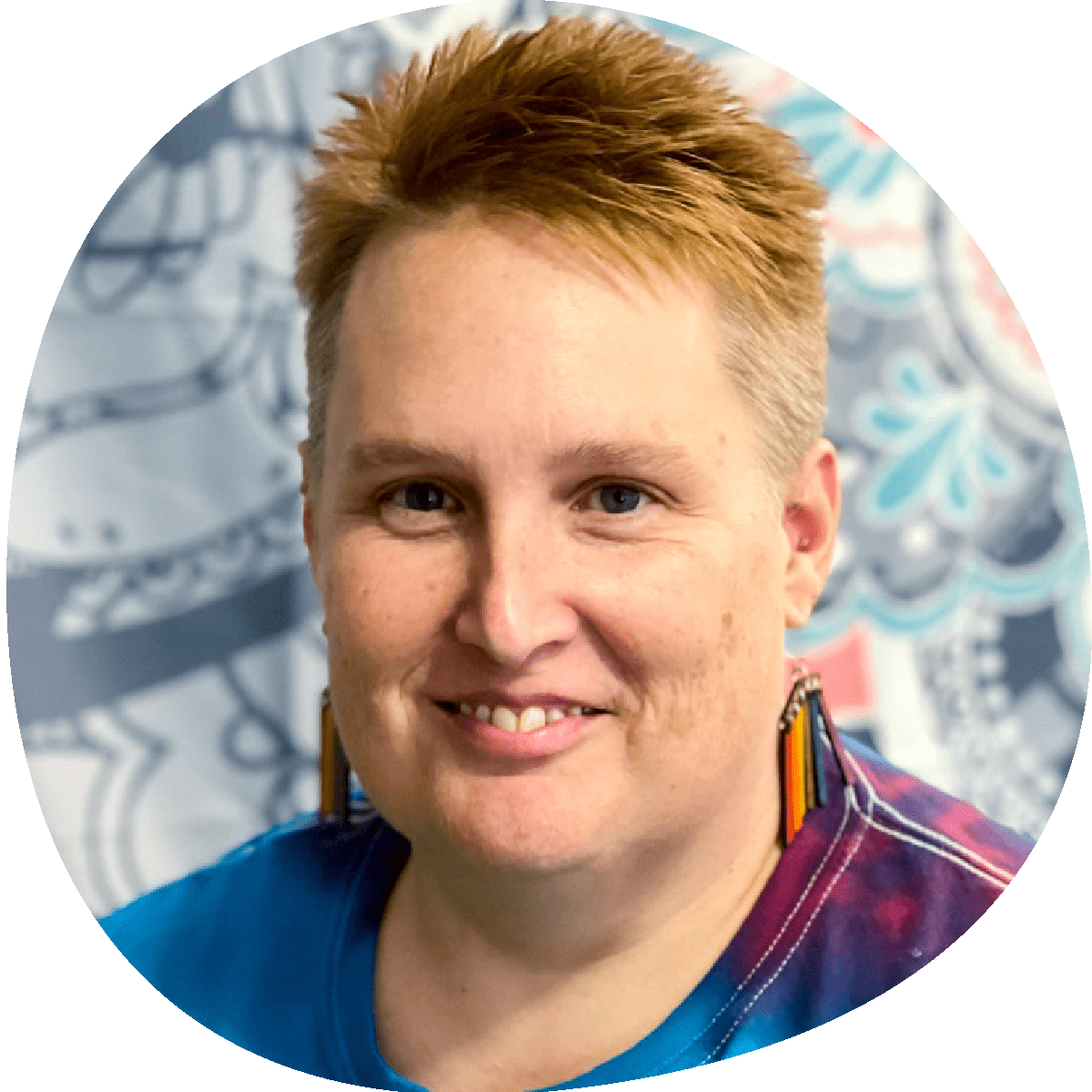 “My journey as a social worker started with my husband and I becoming foster parents from 2010 to 2014. It was something I had wanted to do for a long time. Working with the children, social workers, Guardian ad Litems, biological families, and attending court led to me deciding to go back to school to get a degree that would allow me to work with these children in a deeper way when I felt like I could not continue fostering. My training for social work included internships through a variety of agencies that support children in foster care. My experiences in each of those internships in addition to my experience as a foster parent inform my practices here at Crossnore.
“My journey as a social worker started with my husband and I becoming foster parents from 2010 to 2014. It was something I had wanted to do for a long time. Working with the children, social workers, Guardian ad Litems, biological families, and attending court led to me deciding to go back to school to get a degree that would allow me to work with these children in a deeper way when I felt like I could not continue fostering. My training for social work included internships through a variety of agencies that support children in foster care. My experiences in each of those internships in addition to my experience as a foster parent inform my practices here at Crossnore.
The Code of Ethics is important to me. Following aspects of it such as confidentiality are what aids in building rapport with children who have lacked having someone they can truly open up to about their experiences. The Code of Ethics also informs me in situations when I am advocating for the children I serve and need to make decisions about safety.”
Teyara Hudson, MSW, LCSW
Homebuilders Supervisor in our Triad region
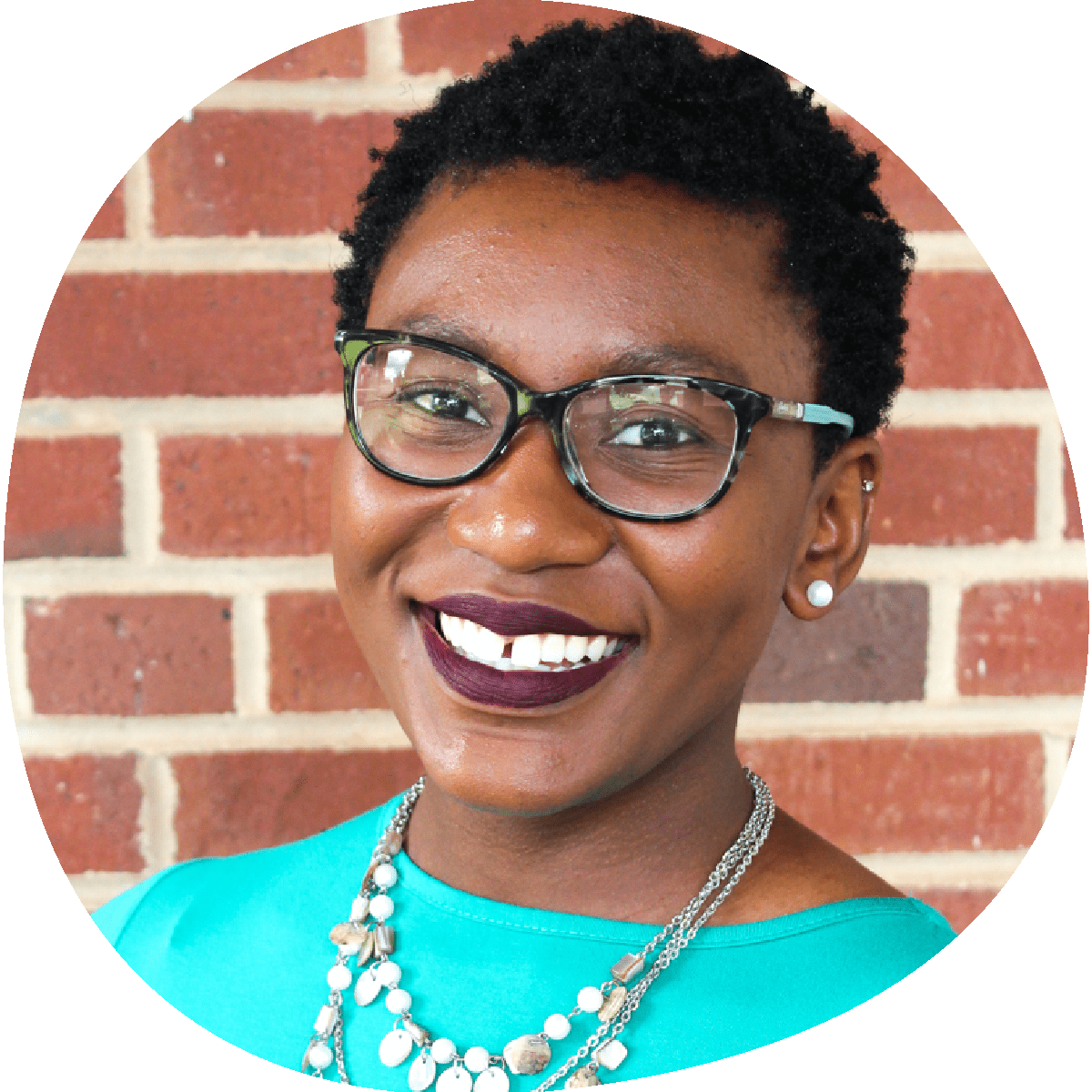 “I decided to become a social worker my senior year of high school when applying to colleges. Once I got to NC State, I took an Intro to Social Work course and loved it. It was there that I learned that Social Workers are EVERYWHERE. The common misconception was, and is, that social workers just “take children away.” In actuality, there is so much more to social work than that and removing children from the home is the absolute last step if necessary. That one social work course taught me that social workers are not just employees for the Department of Social Services, but we also work in hospitals, police departments, schools, and even the army–just to name a few. I was completely shocked. My undergraduate years at NC State taught me that Social Workers can do anything.
“I decided to become a social worker my senior year of high school when applying to colleges. Once I got to NC State, I took an Intro to Social Work course and loved it. It was there that I learned that Social Workers are EVERYWHERE. The common misconception was, and is, that social workers just “take children away.” In actuality, there is so much more to social work than that and removing children from the home is the absolute last step if necessary. That one social work course taught me that social workers are not just employees for the Department of Social Services, but we also work in hospitals, police departments, schools, and even the army–just to name a few. I was completely shocked. My undergraduate years at NC State taught me that Social Workers can do anything.
I went to Howard University for my Master’s Degree in Social Work. There I was able to intern for a Day Treatment facility as well as have an assistantship under Dr. Davis. It was at Howard University that I learned that as a therapist, you are your greatest tool. Yes, we have the knowledge, the degrees, the license. And, we also have ourselves. You are in the room with the client or the family. Your unique skills and personality.
With that being said, we must take care of ourselves in whatever way that may look like. You have to make sure you are okay and that you have the capacity to meet with a client at that moment. That may look like self/soul-care. That may also look like making sure you are in therapy to process your own past traumas. It takes learning the best way to take care of you.
After graduating from Howard in December 2017, I started working at Crossnore in March 2018 as a Cottage Parent. I did not feel like I was using my degree due to my focus being therapy. However, being a cottage parent gave me a lot of insight into parenting, child development, and trauma. I started as a therapist at Crossnore in the spring of 2019. I was able to work with children and families in the school, residentially and in the community. Now as a supervisor for the Homebuilders program, it has come full circle. I work to keep families together and prevent children from being placed outside of the home.I had no idea that a program like this even existed. I love working with families because we learn so much from how someone grew up. Social workers can do anything!”
Blair Johnston, MSW
Executive Administrative Coordinator
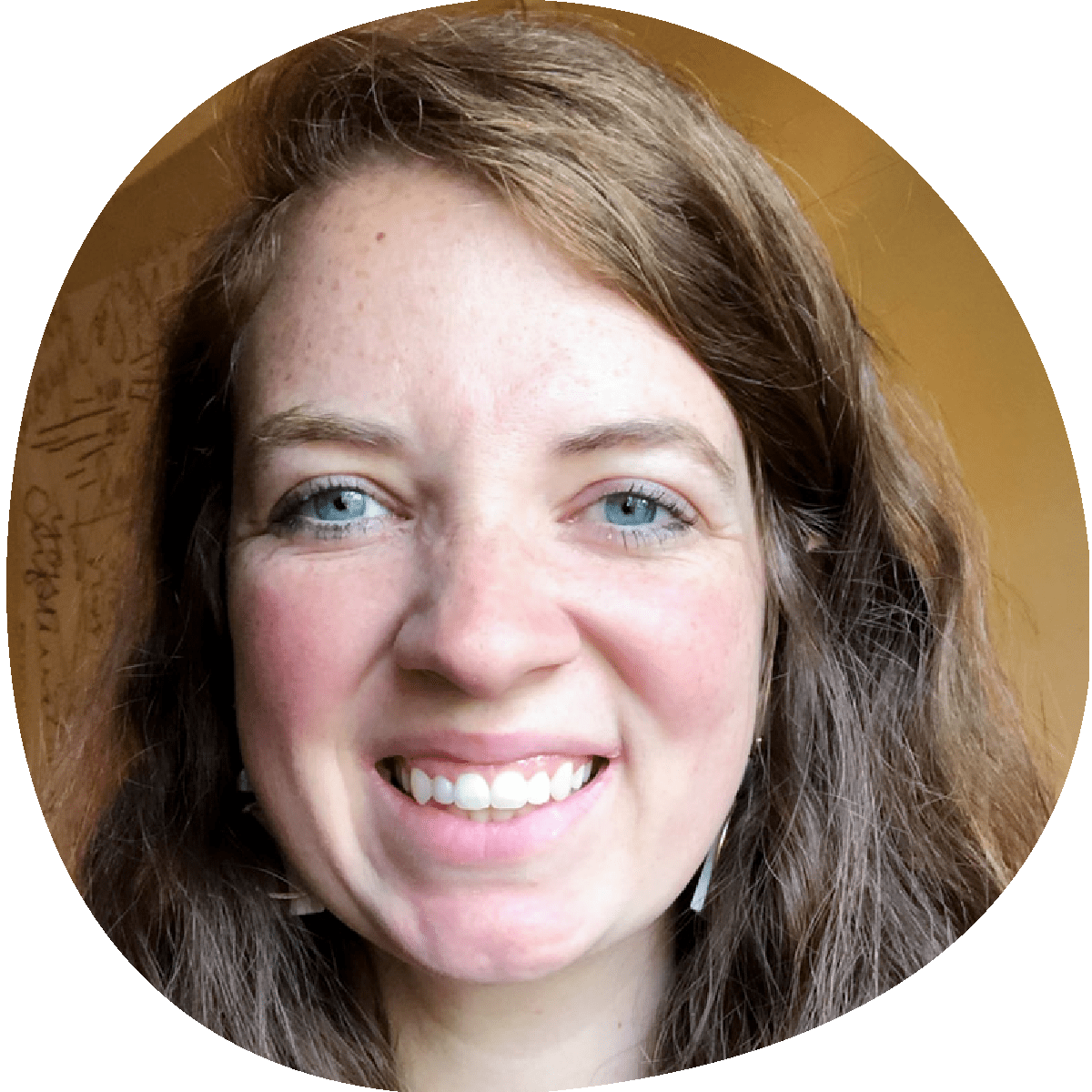 “My training as a social worker informs all of my work. Social Work helps me to see people as fully human: with emotions, circumstances, past history, future goals, thoughts, family history, and values. As a social worker I have worked professionally in adoptions, full-time parenting, and case management. After 6 years in direct care, I am now working in an administrative role. In any social work education, you are taught about burnout. I thought I would be exempt from such feelings, but of course, I was not. A step away from direct care allows me to still do meaningful work while taking care of my family and myself.”
“My training as a social worker informs all of my work. Social Work helps me to see people as fully human: with emotions, circumstances, past history, future goals, thoughts, family history, and values. As a social worker I have worked professionally in adoptions, full-time parenting, and case management. After 6 years in direct care, I am now working in an administrative role. In any social work education, you are taught about burnout. I thought I would be exempt from such feelings, but of course, I was not. A step away from direct care allows me to still do meaningful work while taking care of my family and myself.”
Angela Voss, BSW
Human Resources Manager
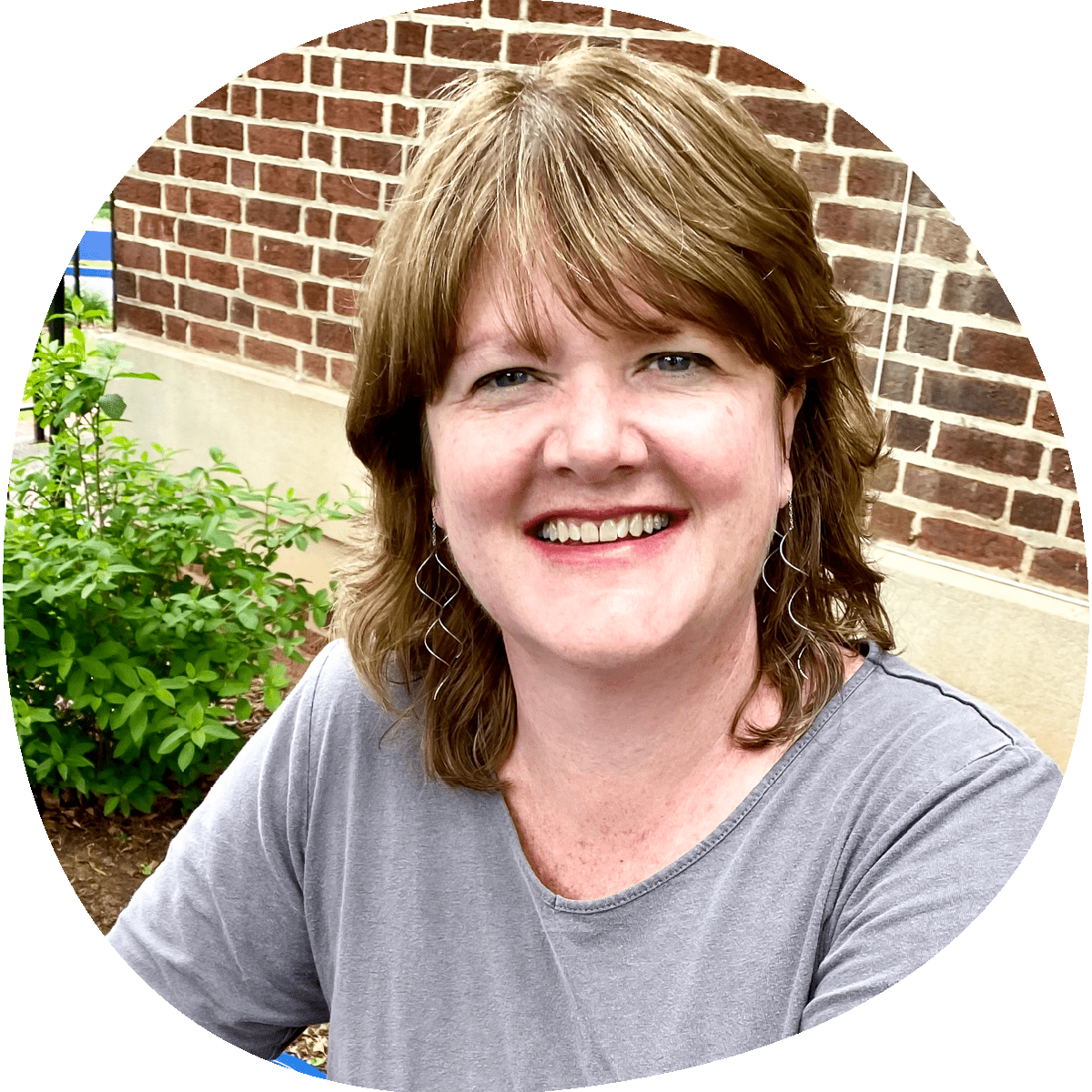 “My BSW taught me about human behavior and how to work with others. I have had many positions throughout my career, but my longest jobs have been in medical social work, volunteer management, and now Human Resources. The lessons I have learned through education and as a practicing social worker have been invaluable not only to me as an HR professional, but also in life. I have learned to be patient and more forgiving, while also learning a lot about human nature and behavior. While I do not always get it right, I do think it has served me well in hiring. An extra bonus is having met and worked with some of the most dedicated and kind social workers and therapists throughout the years. I am very blessed to know them and call them my friends.”
“My BSW taught me about human behavior and how to work with others. I have had many positions throughout my career, but my longest jobs have been in medical social work, volunteer management, and now Human Resources. The lessons I have learned through education and as a practicing social worker have been invaluable not only to me as an HR professional, but also in life. I have learned to be patient and more forgiving, while also learning a lot about human nature and behavior. While I do not always get it right, I do think it has served me well in hiring. An extra bonus is having met and worked with some of the most dedicated and kind social workers and therapists throughout the years. I am very blessed to know them and call them my friends.”
Crossnore social workers, we appreciate you! Happy Social Work Month!
